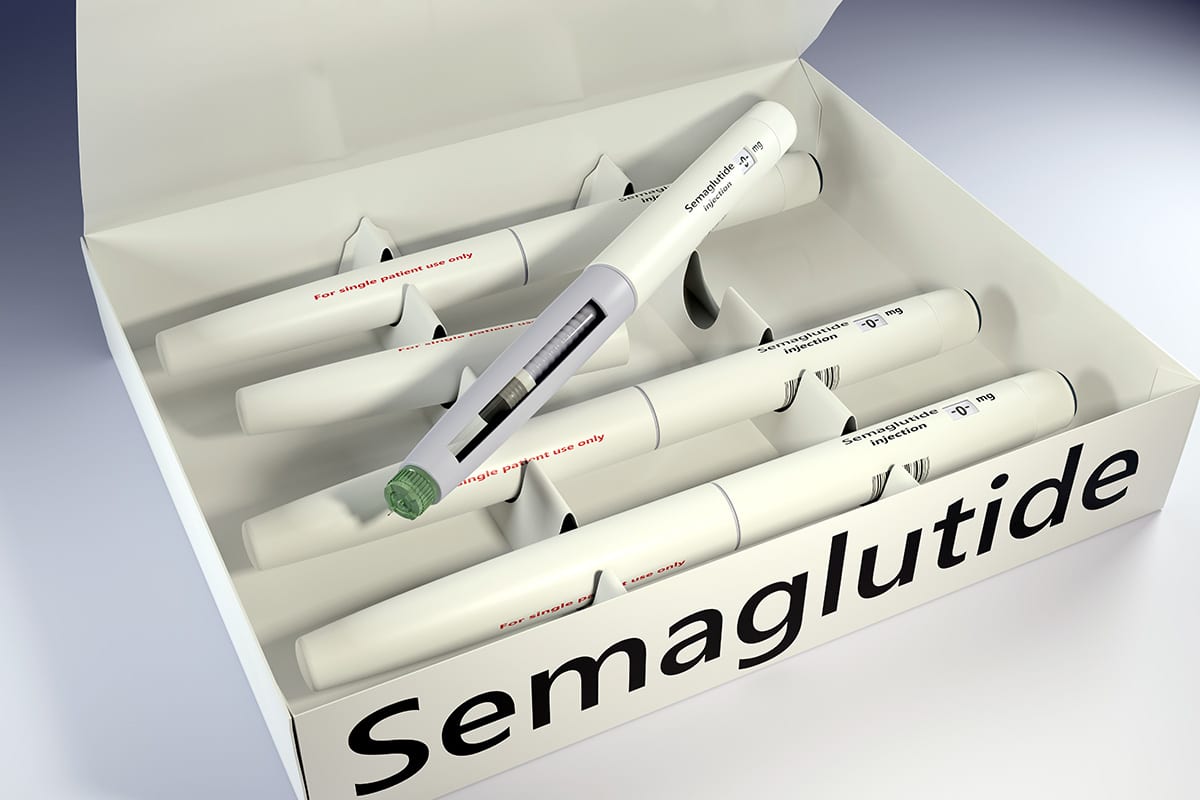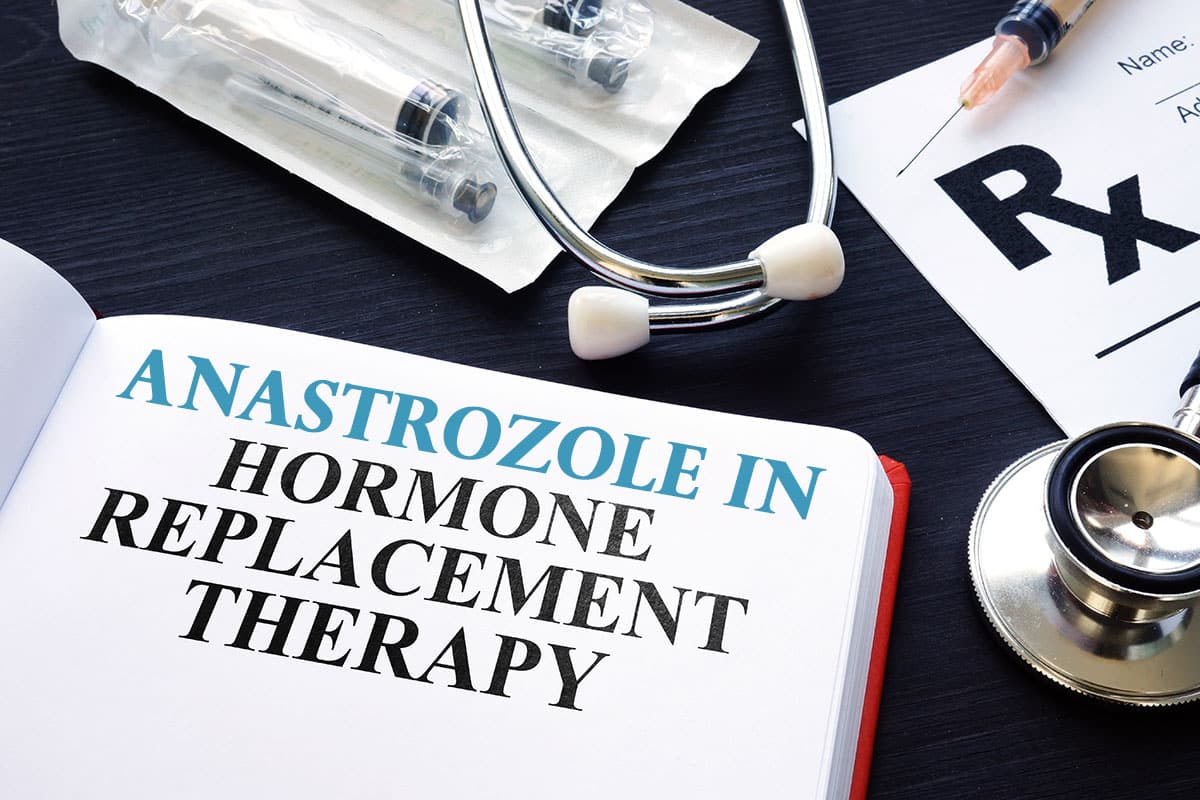Menopause
and Depression
in Women
It is estimated that 15% of women going through menopause also experience depression to some degree. Depression may actually begin during the years leading up to menopause, in a time period called perimenopause.
The onset of perimenopause and menopause are often associated with a range of emotional symptoms, including depression and an overall lack of energy. In conjunction with physical changes related to menopause, these emotions can make coping with ordinary life seem difficult.
Very often, a hormonal imbalance is the root of the problem. Hormonal imbalances can often be corrected with hormone replacement therapy (HRT). Hormone replacement therapy for women is a safe and effective way to eliminate depression in women going through menopause.
If you’re experiencing symptoms of depression due to a hormonal imbalance, Global Life Rejuvenation can help you get your life back. Treatment plans are monitored and administered by our professionals in order to balance hormone levels in women and alleviate depression. Contact us to meet a physician and get started today.

Perimenopause, Depression & How to Recognize Symptoms
Studies show that depression affects nearly 20 million American adults. Depression is not a weakness or a character flaw, it is a common emotional experience with a variety of causes.
Pinpointing the root cause of an individual’s depression provides physicians with the key to successful treatment. If you are going through perimenopause or menopause, depression may be likely if you have recently experienced several of the following symptoms:
- Depressed mood (irritability, mood swings)
- Loss of interest or pleasure in life (lack of joy)
- Change in appetite (either up or down)
- Changes in sleep patterns (too much, too little)
- Chronic fatigue or lack of energy
- Feelings of worthlessness or inappropriate guilt
- Inability to concentrate
- Indecisiveness or feeling easily overwhelmed
- Thoughts of death and/or suicide
The Role of Hormones in Menopausal Depression
Some of the primary hormones that are known to play a role in menopausal depression include:
Estrogen
Low estrogen levels are often found in menopausal women and may cause feelings of sadness and hopelessness. Having a hysterectomy also increases the risk of developing depression because of the drastic, rather than gradual, drop in the body’s estrogen levels.
Proper estrogen levels boost serotonin levels, promoting sleep as well as preventing depression. Maintaining estrogen levels also increases GABA, the neurotransmitter that raises endorphin levels, helping you feel good, calm, and positive.
Progesterone
The hormone progesterone helps balance estrogen levels and promotes restful sleep. Progesterone has a naturally calming effect and also normalizes the libido. Progesterone is a natural diuretic and anti-depressant. Abnormal levels of progesterone are often found in women experiencing menopause and may cause insomnia as well as contribute to change in mood.
Cortisol
Cortisol imbalance in women experiencing menopause can cause depression. High levels of cortisol can enable feelings of agitation, increase belly fat, trigger insomnia and drive sugar cravings. Low levels of cortisol are often associated with difficulty handling stress, chronic fatigue, low libido and mood swings.
Hormone Replacement Therapy for Hormonal Depression
Hormone replacement therapy (HRT) is one of the most effective treatments for depression associated with menopause.
Many women ask their physicians about antidepressants or antianxiety medications. However, we believe that HRT for women is a more effective and more natural approach to menopausal depression.
At Global Life Rejuvenation, our physicians explore the underlying cause of symptoms to determine whether a woman is experiencing depression as a result of a hormonal imbalance, adrenal fatigue brought on by stress, or as a result of a situational circumstance.
If depression is found to be the result of a hormonal imbalance, your Global Life Rejuvenation physician will create a tailored HRT program that will not only balance hormones, but will get you on the road to feeling like yourself again.
Is HRT Safe?
It’s important to remember that even though it’s called hormone replacement therapy, the goal of this treatment is not to replace someone’s hormone level to once had. Our process is to give a very small amount of hormones to supplement or to help your body naturally produce hormones that it no longer makes as a result of aging. By doing this, we alleviate symptoms associated with hormone imbalance and help you feel better.HRT for women is completely safe when taken under the guidance of an expert practitioner. Among women, HRT has been proven to prevent heart disease and osteoporosis as well as lower the risk of developing diabetes. We don’t want anyone to suffer from depression when targeted treatment options are available.
Hormone replacement therapy is one of the most effective treatments for menopausal depression. Contact Global Life Rejuvenation online or call us at (866) 793-9933 and learn more about how hormone therapy can treat depression associated with menopause.
For more information, please see the Prescriber’s Digital Reference guide.
Your results may vary. These statements have not been evaluated by the Food & Drug Administration.
Global Life Rejuvenation is Here to Help You Get your young life back.
Want to feel younger, want to decrease the feeling of your age. Give us a call at 866-793-9933 to chat with us, or contact us via the form below. We’re here to help in any possible way.
Patient Testimonials
![]() Dr. Kosoy has helped me for years with HRT. Our relationship is based on trust and he earns it right away. I’ve lost 140 pounds over the past 6 years. My mood radically improved and he guided me to a healthier lifestyle based on fact and data collected at our regular appointments.
Dr. Kosoy has helped me for years with HRT. Our relationship is based on trust and he earns it right away. I’ve lost 140 pounds over the past 6 years. My mood radically improved and he guided me to a healthier lifestyle based on fact and data collected at our regular appointments.
Bill Vallier
![]()
16 years of experience and truly appreciate their support and help achieving great health.i feel great at 58 years old. It’s a must to call ask questions use this service for anyone over 40 at least, sometimes earlier. I’m in great shape besides my healthy living and exercising but hormones are the base to support your overall health. Thanks for great quality of life
Frank Segura
![]()
I am very pleased with the service that was provided by this office from Dr Kosoy and Christine. They were both very helpful and professional. I would recommend them to my family in friends.
Myrvete Haxhijaj
![]()
My experience with Global Life Rejuvenation was wonderful the Doctor listen to my concerns and with his knowledge in HRT he recommended a treatment plan that was right for me . I highly recommend Global life Rejuvenation to any women that’s going through hormonal changes . Great Doctor and Staff.
Rose Phillips
![]()
Dee was extremely helpful through the whole process and very quick to get back to me. She even got my blood work for me to send to my Dr. going above and beyond what her job entails to help me.
Keri Edwards
![]()
I’ve been going to Global for several years and have found them to the best hormone Clinic around with a very professional staff and friendly atmosphere. Both the Dr’s and staff are extremely knowledgeable. I found the entire process to be be very simple. I would highly recommend them.
Joseph Reiman
![]()
What makes this practice wonderful is not only my doctor but, his amazing team. Dee has been a pleasure to work with. Dee is knowledgeable about medications. She is always professional, friendly, and provides a great customer service experience.
Maria Azzarelli
![]()
Been with GLR for years now. The staff, doctor and service are top notch. Highly recommended.
J Flores
![]()
Was a little bit skeptical at first but after a few months feel AMAZING! So much more energy and feel like I am in my 20s again! If you feel like you are exhausted all the time, give Global Life Rejuvenation a try. I am glad I tried it and got results that exceeded my expectations!
Brian McLavey
Blogs: Learn More From Home

At Global Life Rejuvenation, we understand that sexual health is an integral aspect of a man’s overall well-being. Many men may face challenges with sexual performance at some point in their lives, which can lead to feelings of frustration and stress. In such situations, compound pharmacies play a crucial role in providing effective solutions to […]
Read More
Women’s health and well-being are of paramount importance at Global Life Rejuvenation. We understand the profound impact hormonal imbalances can have on a woman’s life, and for many, estrogen replacement therapy has proven to be a transformative solution. In this blog, we will delve into what estrogen replacement therapy is, its numerous benefits, and how […]
Read More
At Global Life Rejuvenation, we are committed to providing our patients with the latest and most effective treatments to enhance their well-being. In the realm of weight loss, a remarkable advancement has emerged in the form of Semaglutide. This medication has drawn attention for its impressive ability to help both men and women shed unwanted […]
Read More
At Global Life Rejuvenation, we are dedicated to enhancing the well-being of women through comprehensive healthcare solutions. One such solution gaining recognition is Biest Cream. In this blog, we will explore what Biest Cream is, its myriad benefits, and how it contributes to women’s health.
Read More
Hormone Replacement Therapy (HRT) is a widely recognized and effective treatment for addressing hormonal imbalances in both men and women. One crucial component of HRT, especially in the case of hormone-sensitive conditions, is Anastrozole. At Global Life Rejuvenation, we believe in providing our patients with the most advanced and effective treatments available, and Anastrozole is […]
Read More
Do you look in the mirror and flinch every time you see unsightly scars on your body? Are you embarrassed by pictures showing your rough, uneven skin? Does it seem like you get scrapes and cuts all the time and it takes them forever to heal? A new peptide on the market is creating waves […]
Read More